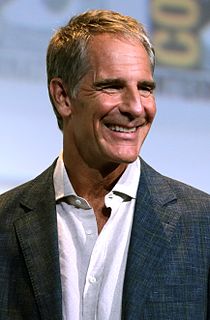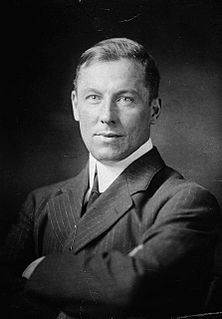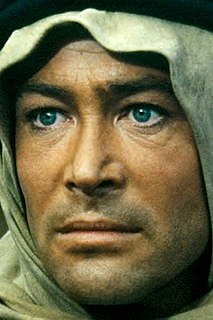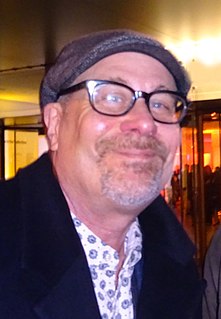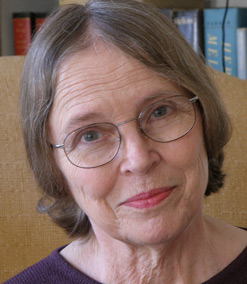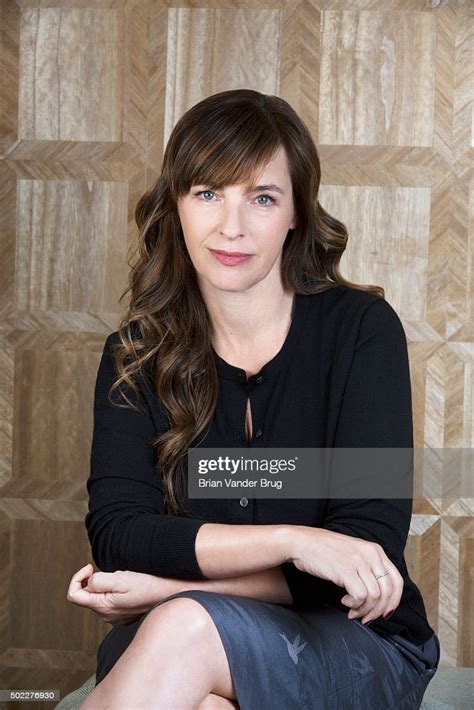A Quote by James Broughton
Related Quotes
I think what I loved in cinema - and what I mean by cinema is not just films, but proper, classical cinema - are the extraordinary moments that can occur on screen. At the same time, I do feel that cinema and theater feed each other. I feel like you can do close-up on stage and you can do something very bold and highly characterized - and, dare I say, theatrical - on camera. I think the cameras and the viewpoints shift depending on the intensity and integrity of your intention and focus on that.
I think film is a world of directors. Theater is a world of actors. Or, theater is for actors as cinema is for directors. I started in theater. Filming is as complete as directing film. In theater, you are there, you have a character, you have a play, you have a light, you have a set, you have an audience, and you're in control, and every night is different depending on you and the relationship with the other actors. It's as simple as that. So, you are given all the tools.
Whatever you think The Uni-verse is withholding from you, YOU are withholding from The Uni-verse. If you think that The Uni-verse isn't answering your prayers, chances are you aren't listening to your intuition and following it. You are so scared that you ask for new intuition, but that's not how life works. The Uni-verse is constantly whispering to you, nudging you to trust It and take a leap. But if you don't take the leap of faith, then The Uni-verse can't open any more doors for you.
Chicago theater vs. New York theater. There's just nothing to say about it really. If you've seen Chicago theater, you know that the work is true to what is there on the page. It's not trying to present itself with some sort of flashy, concept-based thing. It's about the work, and it's about the acting you're about to watch. So acting-based theater feels like it was born there to me.





